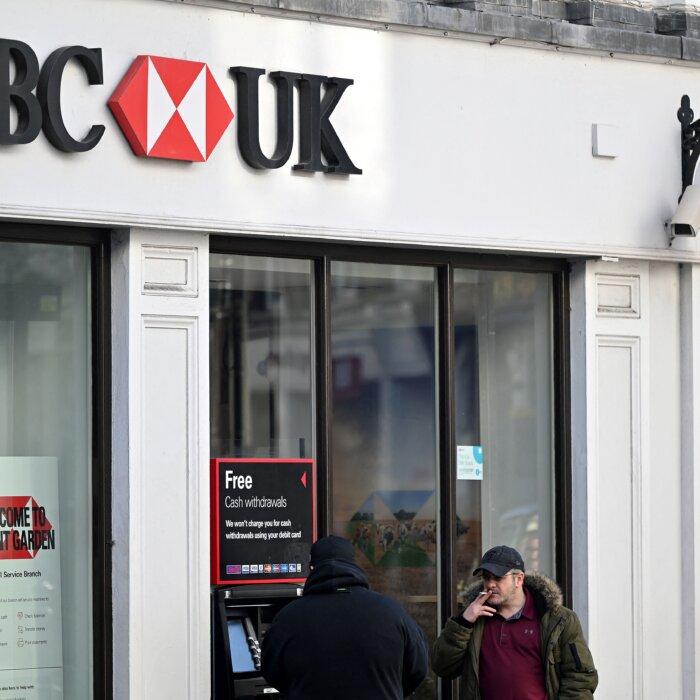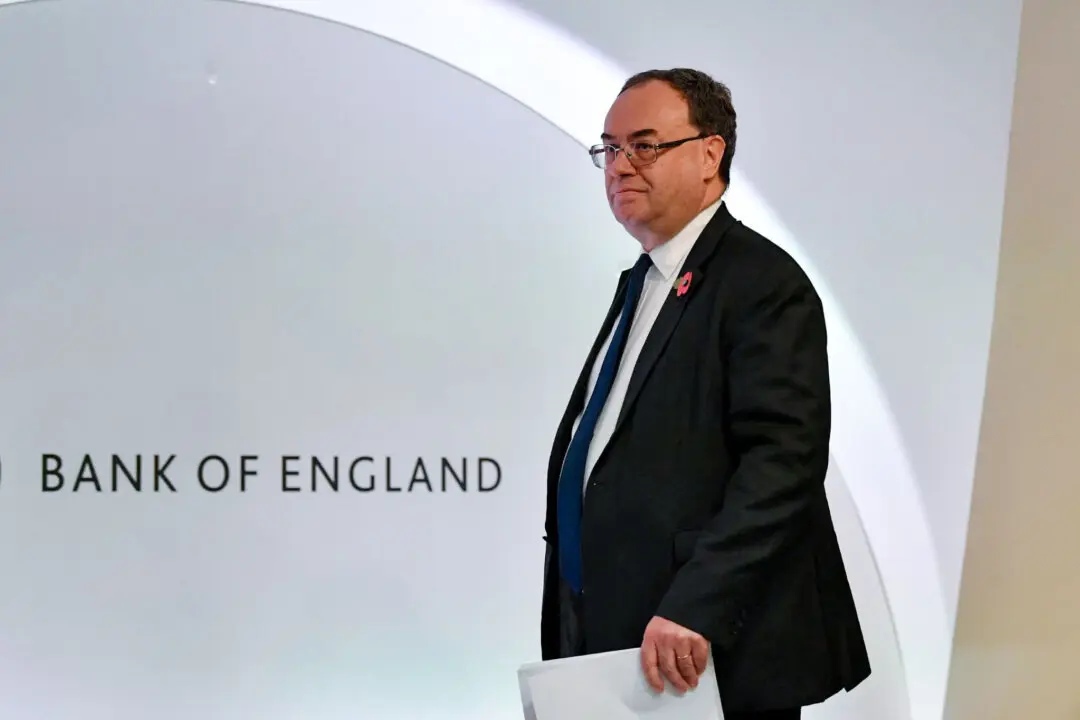New protections requiring banks to reimburse victims of authorised push payment (APP) scams have come into force.
APP fraud happens when someone is tricked into making large bank transfers to an account posing as a legitimate payee.
The protection applies to payments made via Faster Payments or CHAPS —used in high value transactions, such as house purchases —from one UK bank account to another.
Managing director of the PSR, David Geale, said that payment firms will have incentives to prevent APP fraud.
“Today is a very important day in making it quicker and simpler for victims of APP scams to get back money they’ve lost to criminals, with a guaranteed minimum level of protection in place.
“But not only that, our new requirements will see all payment firms involved facing strong incentives to introduce more robust ways of identifying and preventing these scams from happening in the first place. Firms have already made a good start in making changes and we expect to continue seeing new and innovative systems being rolled out to drive fraud out of our payment systems,” he said.
Reimbursement
Under new rules, consumers—including individuals, microenterprises and charities—will be covered up to £85,000 as standard.Banks and payment firms can still reimburse above that threshold, with the FOS reviewing cases of those who remain unsatisfied by their payment providers. The FOS compensation limit is £430,000 and, according to PSR, the ombudsman “looks at each case on its own individual merits.”
Some firms may choose to apply an optional excess of up to £100. This, however, cannot be applied to vulnerable customers. The regulator also warned that consumers should remain vigilant when making payments to avoid rejection of their claims.
A reimbursed claim can be denied when consumers are found complicit in the fraud or grossly negligent. Those who ignore specific warnings or don’t respond to information requests when making payments, risk getting rejected when making a reimbursement claim.
Typical APP Scams
Some of the typical APP scams include invoice and mandate scams where criminals intervene to convince the victim to redirect the payment to an account they control.In impersonation scams, offenders pretend to be from police or victim’s bank and sometimes ask for remote access to the victim’s computer.
Fraudsters also use fake profiles on social media or dating websites to target their victims in what is known as a ‘romance scam.’ It involves criminals asking their victims for money to help with a problem, such as health issues or flight tickets.
In some cases, fraudsters convince their victims they’ve won an overseas lottery or inherited a large sum. Often talking to their victims via email, scammers then ask for an advance fee to release the promised money. When the payment is made, the promised goods or money never materialise.
The PSR said that it will continue working with businesses after the new regulations go live.
“We will also be closely monitoring the impacts of the new requirements once they go live, including undertaking an evaluation of their effectiveness after 12 months of operation,” said the regulator.







